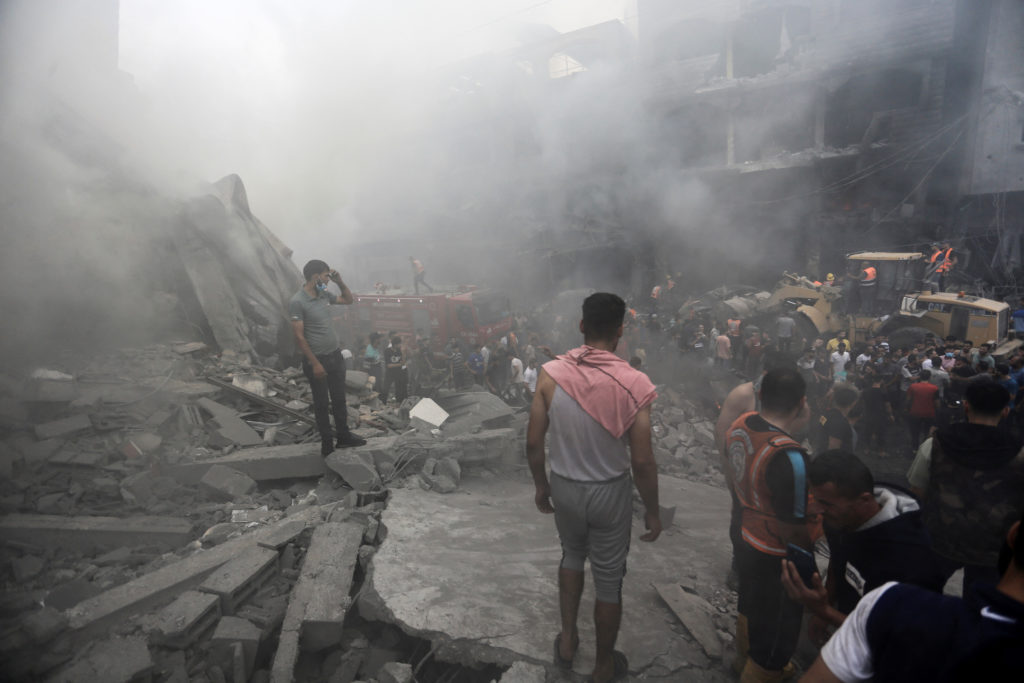In the heart of Sarajevo, a chilling play titled "Flowers of Srebrenica" premieres, encapsulating the unresolved trauma of the 1995 massacre when Bosnian Serb forces executed over 8,000 Bosniak men and boys, the most significant war crime in Europe since WWII. This tragedy unfolded under the facade of protection by the UN, as Dutch soldiers turned a blind eye while General Ratko Mladić orchestrated the killings. Gripping scenes from the play, such as individuals unearthing personal belongings from the ground, mirror the relentless grief for families still searching for their lost loved ones today.
As the audience at Sarajevo's War Theatre gives a standing ovation, the palpable tension in Bosnia and Herzegovina surfaces, particularly between the differing narratives in the Federation and Republika Srpska. Generations have witnessed continuous denial of the genocide, especially from political leaders like Milorad Dodik, who dismisses the historic event despite international recognition of its severity. Selma Alispahić, the production’s lead actress and a former refugee, voices the weariness of repeatedly confronting denial, asserting a need for justice and acknowledgment.
The aftermath of the 1995 conflict created a country divided into two entities—one largely Serb and the other home to Bosniaks and Croats—stifling the potential for national unity. Controversially, Dodik's governance has further frayed the fragile peace, leading to legislative maneuvers that challenge national institutions. The situation beckons the call for enhanced international oversight to maintain stability, paralleled by a warning from Christian Schmidt, the international High Representative.
Commemorative events marking the anniversary of the massacre see somber gatherings in Sarajevo, while conspicuous absence of acknowledgment in East Sarajevo illustrates the growing divide. Saša Košarac, a prominent Repbulika Srpska politician, argues against a one-sided narrative of victimhood and stresses the need for acknowledgement of suffering on all sides. Yet, grassroots movements toward solidarity persist, as many Bosniaks seek remembrance and justice.
Concerns grow among residents like Mirela Osmanović, who expresses fear of a resurgence of ethnic tensions reminiscent of the early 1990s. The political posturing of leaders risks reviving past animosities and hampers healing for the people of Srebrenica, whose scars remain tender and unhealed. In this daunting landscape, the struggle for peace and reconciliation remains a poignant challenge in the region.




















